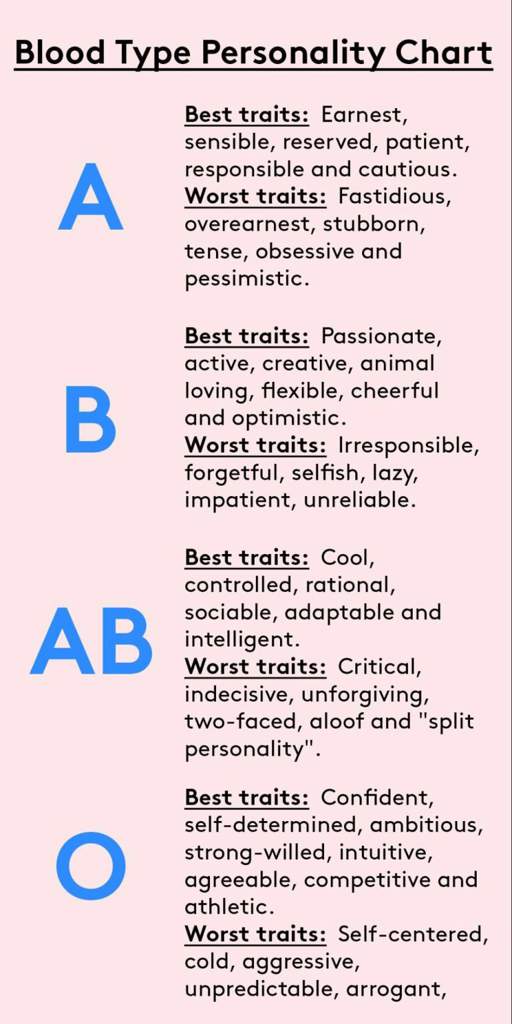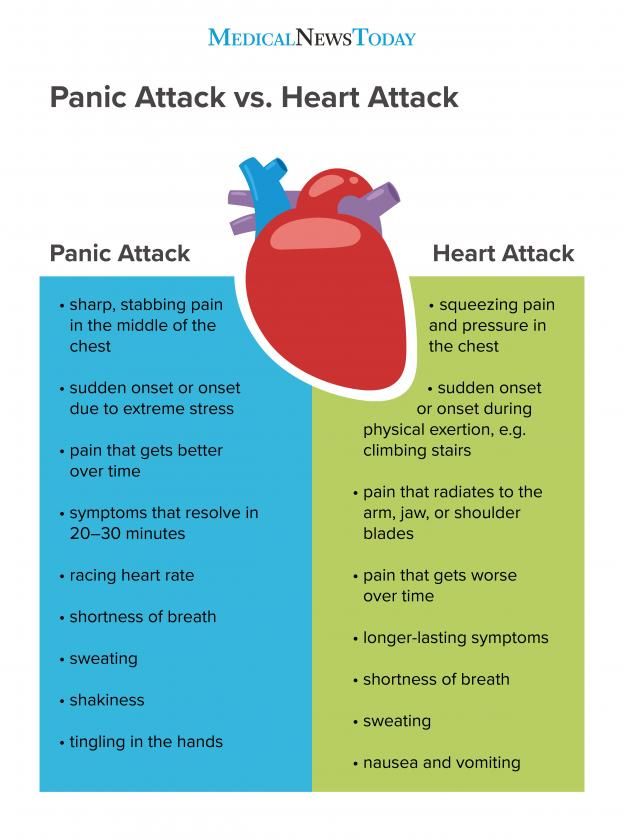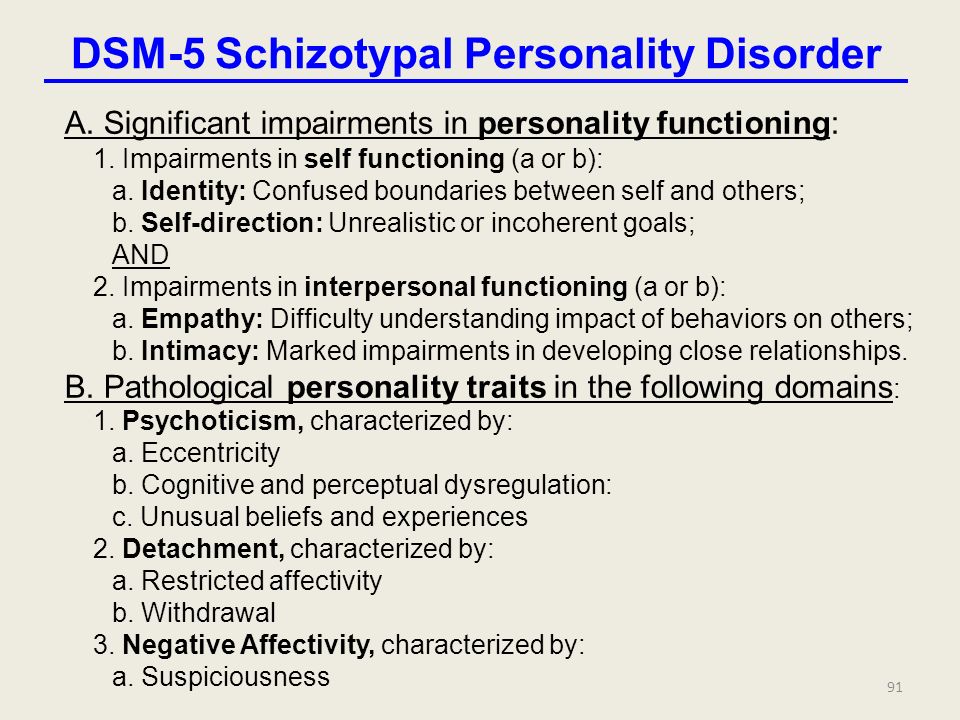Split personality test
Multiple Personality Disorder test (DES)
by Hanan Parvez
This Multiple Personality Disorder test utilizes the Dissociative Experiences Scale (DES), a questionnaire that measures your degree of dissociation. Multiple Personality Disorder (also called Dissociative Identity Disorder) is the extreme manifestation of dissociation and dissociative disorders.
In dissociative disorders, people dissociate or break away from their core sense of self. For instance, in dissociative amnesia, individuals are unable to recall a particular experience or event because they had dissociated during that event.
Dissociation is often triggered by an extremely stressful or traumatic event. The movie Fractured that came out in 2019 presents a good example of dissociation.
In Multiple Personality Disorder, people display two or more separate personalities or identities. These personalities are called alters. When an alter other than the main identity of the person is in charge, the latter experiences a memory gap. For a detailed discussion of the condition, check out this article on Multiple Personality Disorder.
This test consists of 28 questions and you are to select the most appropriate answer from the drop-down list. The questions are related to your daily life experiences. The answers range from 0% of the time i.e. Never to 100% of the time i.e. Always.
Your answers should indicate how often these experiences occur to you when you’re not under the influence of drugs or alcohol.
Note that this questionnaire is not a diagnostic tool but only a screening test. It’s a starting point for you to discover the severity of your dissociative symptoms. Higher scores don’t indicate you have Multiple Personality Disorder, only that a clinical assessment of your dissociation symptoms may be warranted.
Your answers and results will not be stored anywhere.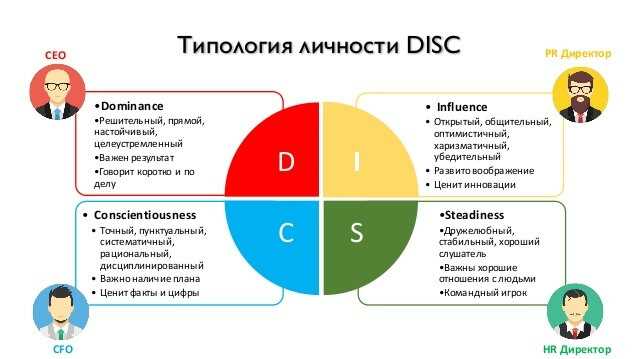 They’ll only be visible to you. Also, no personal information of any sort will be collected.
They’ll only be visible to you. Also, no personal information of any sort will be collected.
Multiple personality disorder test
1. Some people have the experience of driving or riding in a car or bus or subway and suddenly realizing that they don’t remember what has happened during all or part of the trip.
Please select your answer0%10%20%30%40%50%60%70%80%90%100%
2. Some people find that sometimes they are listening to someone talk and they suddenly realize that they did not hear part or all of what was said.
Please select your answer0%10%20%30%40%50%60%70%80%90%100%
3. Some people have the experience of finding themselves in a place and having no idea how they got there.
Please select your answer0%10%20%30%40%50%60%70%80%90%100%
4. Some people have the experience of finding themselves dressed in clothes that they don’t remember putting on.
Please select your answer0%10%20%30%40%50%60%70%80%90%100%
5. Some people have the experience of finding new things among their belongings that they do not remember buying.
Please select your answer0%10%20%30%40%50%60%70%80%90%100%
6. Some people sometimes find that they are approached by people that they do not know who call them by another name or insist that they have met them before.
Please select your answer0%10%20%30%40%50%60%70%80%90%100%
7. Some people sometimes have the experience of feeling as though they are standing next to themselves or watching themselves do something and they actually see themselves as if they were looking at another person.
Please select your answer0%10%20%30%40%50%60%70%80%90%100%
8. Some people are told that they sometimes do not recognize friends or family members.
Please select your answer0%10%20%30%40%50%60%70%80%90%100%
9. Some people find that they have no memory for some important events in their lives (for example, a wedding or graduation).
Please select your answer0%10%20%30%40%50%60%70%80%90%100%
10. Some people have the experience of being accused of lying when they do not think that they have lied.
Please select your answer0%10%20%30%40%50%60%70%80%90%100%
11. Some people have the experience of looking in a mirror and not recognizing themselves.
Please select your answer0%10%20%30%40%50%60%70%80%90%100%
12. Some people have the experience of feeling that other people, objects, and the world around them are not real.
Please select your answer0%10%20%30%40%50%60%70%80%90%100%
13.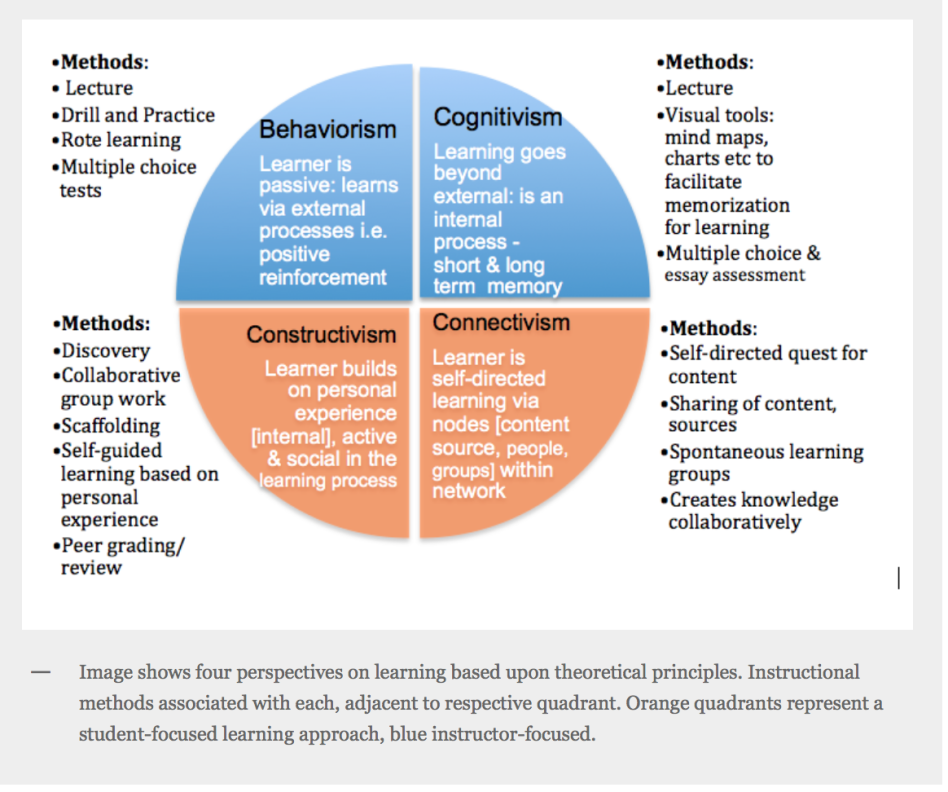 Some people have the experience of feeling that their body does not seem to belong to them.
Some people have the experience of feeling that their body does not seem to belong to them.
Please select your answer0%10%20%30%40%50%60%70%80%90%100%
14. Some people have the experience of sometimes remembering a past event so vividly that they feel as if they were reliving that event.
Please select your answer0%10%20%30%40%50%60%70%80%90%100%
15. Some people have the experience of not being sure whether things that they remember happening really did happen or whether they just dreamed them.
Please select your answer0%10%20%30%40%50%60%70%80%90%100%
16. Some people have the experience of being in a familiar place but finding it strange and unfamiliar.
Please select your answer0%10%20%30%40%50%60%70%80%90%100%
17. Some people find that when they are watching television or a movie they become so absorbed in the story that they are unaware of other events happening around them.
Please select your answer0%10%20%30%40%50%60%70%80%90%100%
18. Some people find that they become so involved in a fantasy or daydream that it feels as though it were really happening to them.
Please select your answer0%10%20%30%40%50%60%70%80%90%100%
19. Some people find that they sometimes are able to ignore pain.
Please select your answer0%10%20%30%40%50%60%70%80%90%100%
20. Some people find that that they sometimes sit staring off into space, thinking of nothing, and are not aware of the passage of time.
Please select your answer0%10%20%30%40%50%60%70%80%90%100%
21. Some people sometimes find that when they are alone they talk out loud to themselves.
Please select your answer0%10%20%30%40%50%60%70%80%90%100%
22. Some people find that in one situation they may act so differently compared with another situation that they feel almost as if they were two different people.
Please select your answer0%10%20%30%40%50%60%70%80%90%100%
23. Some people sometimes find that in certain situations they are able to do things with amazing ease and spontaneity that would usually be difficult for them (for example, sports, work, social situations, etc.).
Please select your answer0%10%20%30%40%50%60%70%80%90%100%
24. Some people sometimes find that they cannot remember whether they have done something or have just thought about doing it (for example, not knowing whether they have just mailed a letter or have just thought about mailing it).
Please select your answer0%10%20%30%40%50%60%70%80%90%100%
25. Some people find evidence that they have done things that they do not remember doing.
Please select your answer0%10%20%30%40%50%60%70%80%90%100%
26. Some people sometimes find writings, drawings, or notes among their belongings that they must have done but cannot remember doing.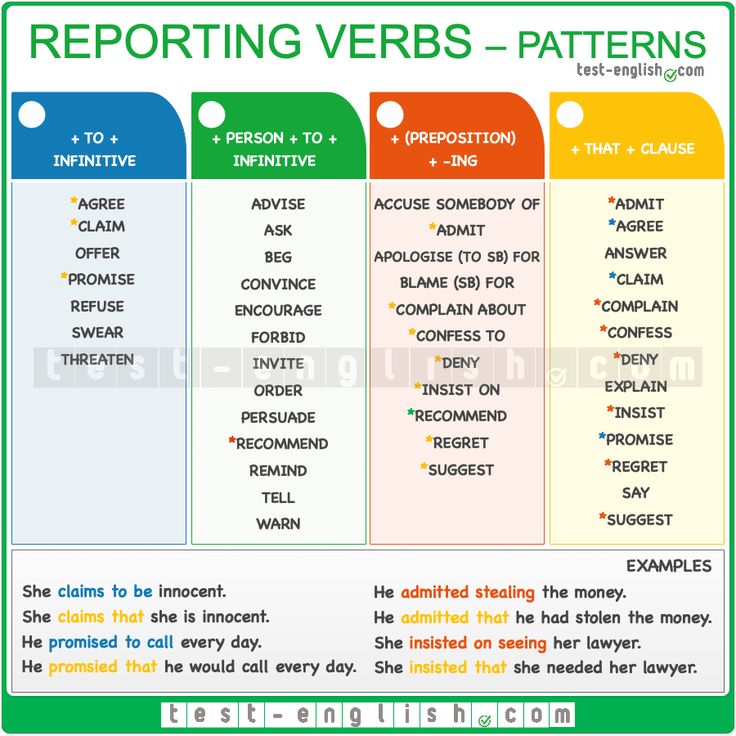
Please select your answer0%10%20%30%40%50%60%70%80%90%100%
27. Some people sometimes find that they hear voices inside their head that tell them to do things or comment on things that they are doing.
Please select your answer0%10%20%30%40%50%60%70%80%90%100%
28. Some people sometimes feel as if they are looking at the world through a fog so that people and objects appear far away or unclear.
Please select your answer0%10%20%30%40%50%60%70%80%90%100%
Reference
Bernstein, E. M., & Putnam, F. W. (1986). Development, reliability, and validity of a dissociation scale.
Hanan Parvez( Author )
Hi, I’m Hanan Parvez (MBA, MA Psychology), founder and author of PsychMechanics. PsychMechanics has been featured in Forbes, Business Insider, Reader’s Digest, and Entrepreneur. Feel free to contact me if you have a query.
Borderline Personality Disorder (BPD) Test
Personality DisordersBorderline Personality Disorder (BPD)
Complete the following to get an assessment on the likelihood that you or a loved one is displaying symptoms of borderline personality disorder. All results are completely private.
Medical ReviewerRandy Bressler, PsyD
Who Is This Borderline Personality Disorder Quiz For?
The questions below relate to life experiences common among people who have borderline personality disorder. Please read each question carefully, and indicate how often you have experienced the same or similar challenges in the past few weeks.
If you are taking the quiz for someone else such as a husband, wife, boyfriend, girlfriend, parent, or child you should provide answers you think they'd supply. Ideally you'll have the loved one complete the test themselves and take the results to a doctor or licensed professional.
How Accurate Is It?
This quiz is NOT a diagnostic tool. Mental health disorders can only be diagnosed by a licensed mental health professional or doctor.
Psycom believes assessments can be a valuable first step toward getting treatment. All too often people stop short of seeking help out of fear their concerns aren't legitimate or severe enough to warrant professional intervention.
Your privacy is important to us. All results are completely anonymous.
Alchemer - amazing survey software for business. Please take my survey now
Borderline Personality Disorder
How is borderline personality disorder (BPD) diagnosed?
There is no definitive test to diagnose borderline personality disorder (BPD). It is diagnosed through a clinical interview with a licensed mental health professional, explains Simon A. Rego, PsyD, chief psychologist at Montefiore Medical Center and Associate Professor of Psychiatry and Behavioral Sciences at Albert Einstein College of Medicine, both in New York City.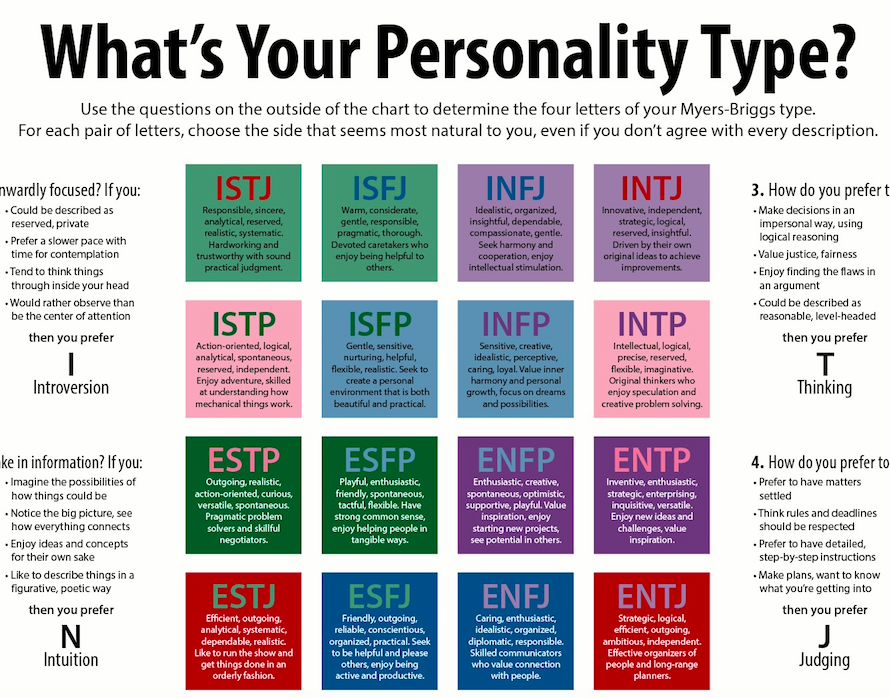
The mental health professional may ask the person to complete some assessment measures to aid in the diagnosis. They may also talk with the person’s previous health care providers, look at earlier medical evaluations, and conduct interviews with friends and family.1
Who can diagnose borderline personality disorder?
BPD is most often diagnosed by a mental health professional, such as a psychologist, psychiatrist, or social worker, says Simon A. Rego, PsyD, chief psychologist at Montefiore Medical Center and Associate Professor of Psychiatry and Behavioral Sciences at Albert Einstein College of Medicine, both in New York City.
What proportion of people with borderline personality disorder are women?
About 1.4% of adults in the U.S. have BPD1, and it is estimated that around 75% of those diagnosed with borderline personality disorder are women.2 However, more recent research suggests that BPD may be equally as common in men, but is often misdiagnosed as another disorder, such as post-traumatic stress disorder or depression, says Simon A.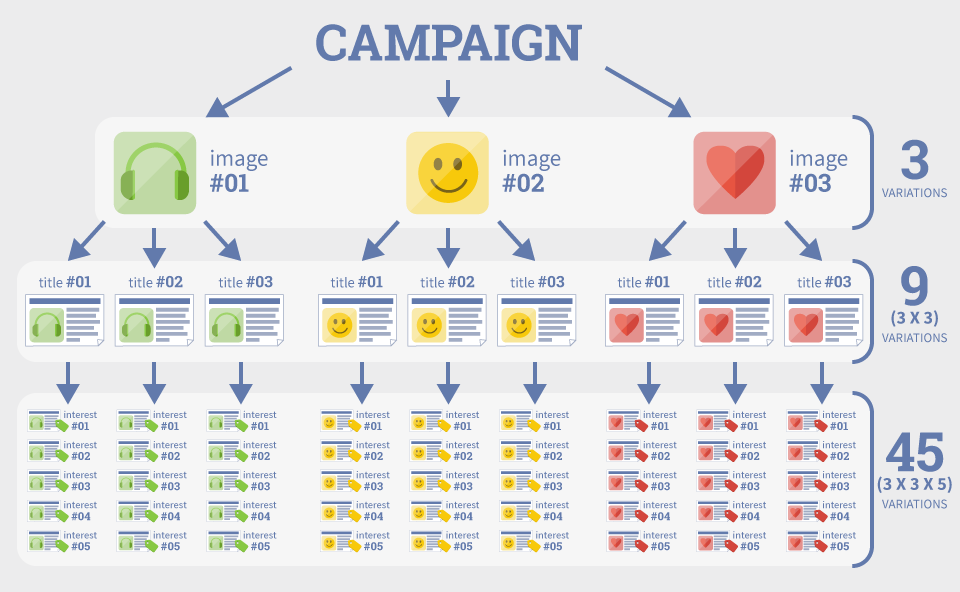 Rego, PsyD, chief psychologist at Montefiore Medical Center and Associate Professor of Psychiatry and Behavioral Sciences at Albert Einstein College of Medicine, both in New York City.
Rego, PsyD, chief psychologist at Montefiore Medical Center and Associate Professor of Psychiatry and Behavioral Sciences at Albert Einstein College of Medicine, both in New York City.
How long does it take to diagnose borderline personality disorder?
Diagnosing BPD typically takes one or two sessions, says Simon A. Rego, PsyD, chief psychologist at Montefiore Medical Center and Associate Professor of Psychiatry and Behavioral Sciences at Albert Einstein College of Medicine, both in New York City. “However, because borderline personality disorder can be confused with other disorders, such as bipolar disorder, unfortunately, getting the correct diagnosis can take some time,” he explains.
For example, a 2009 study found that 74% of the patients who met the criteria for the condition had never been diagnosed with BPD in the past, despite an average of more than 10 years since their first “psychiatric encounter.”3
Why are more women diagnosed with borderline personality disorder?
Some researchers think that there may be biological, psychological, and social/environmental factors that predispose women to BPD, says Simon A.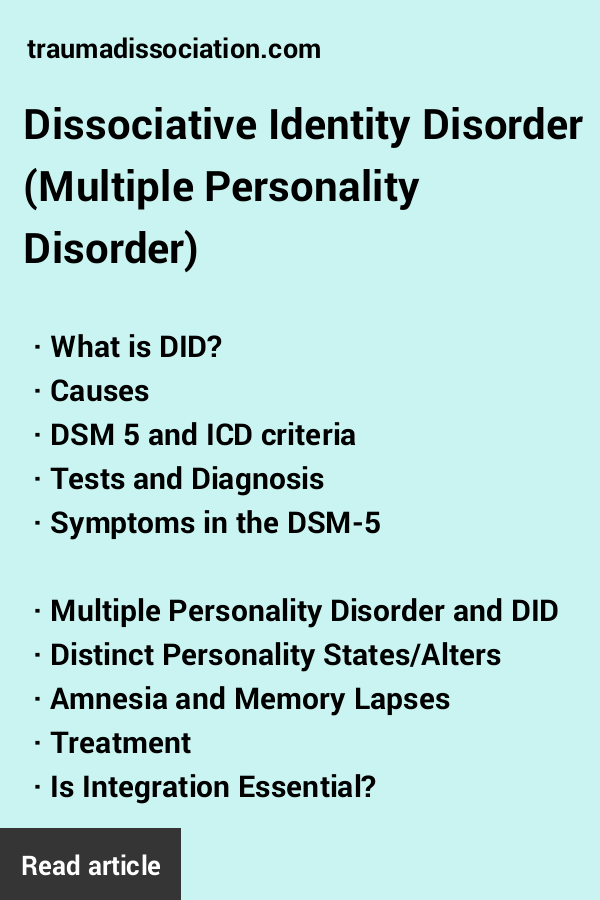 Rego, PsyD, chief psychologist at Montefiore Medical Center and Associate Professor of Psychiatry and Behavioral Sciences at Albert Einstein College of Medicine, both in New York City. However, he explains, evidence also suggests that the difference may be accounted for by a “diagnostic gender bias.”
Rego, PsyD, chief psychologist at Montefiore Medical Center and Associate Professor of Psychiatry and Behavioral Sciences at Albert Einstein College of Medicine, both in New York City. However, he explains, evidence also suggests that the difference may be accounted for by a “diagnostic gender bias.”
A diagnostic gender bias means that if the person is a woman, she is much more likely to receive the diagnosis of BPD than if she were a man reporting the same symptoms, Rego says.
What can borderline personality disorder be mistaken for?
The most common diagnoses that borderline personality disorder is mistaken for are bipolar disorder, depression, anxiety disorders, and eating disorders, says Simon A. Rego, PsyD, chief psychologist at Montefiore Medical Center and Associate Professor of Psychiatry and Behavioral Sciences at Albert Einstein College of Medicine, both in New York City.
What are the criteria for borderline personality disorder?
The American Psychiatric Association’s Diagnostic and Statistical Manual of Mental Disorders, Fifth Edition (DSM-5) outlines the criteria for a diagnosis.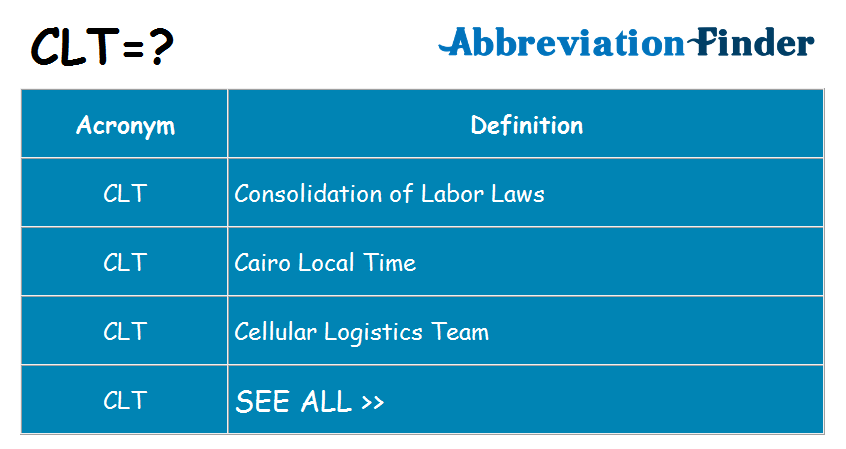 BPD is diagnosed on the basis of (1) a pervasive pattern of instability of interpersonal relationships, self-image, and affect (the outward display of a person's emotional state, including their speech, body language, and gestures) and (2) marked impulsivity beginning by early adulthood and present in a variety of contexts, as indicated by at least five of the following nine criteria:
BPD is diagnosed on the basis of (1) a pervasive pattern of instability of interpersonal relationships, self-image, and affect (the outward display of a person's emotional state, including their speech, body language, and gestures) and (2) marked impulsivity beginning by early adulthood and present in a variety of contexts, as indicated by at least five of the following nine criteria:
- Frantic efforts to avoid real or imagined abandonment; this does not include suicidal or self-mutilating behavior covered in criterion 5
- A pattern of unstable and intense interpersonal relationships characterized by alternating between extremes of idealization and devaluation
- Markedly and persistently unstable self-image or sense of self
- Impulsivity in at least two areas that are potentially self-damaging (e.g., spending, sex, substance abuse, reckless driving, binge eating). This does not include suicidal or self-mutilating behavior covered in criterion 5.
- Recurrent suicidal behavior, gestures, or threats, or self-mutilating behavior
- Affective instability due to a marked reactivity of mood (e.
 g., intense episodic dysphoria, irritability, or anxiety usually lasting a few hours and only rarely more than a few days)
g., intense episodic dysphoria, irritability, or anxiety usually lasting a few hours and only rarely more than a few days) - Chronic feelings of emptiness
- Inappropriate, intense anger or difficulty controlling anger
- Transient, stress-related paranoid ideation or severe dissociative symptoms
What does it feel like to have borderline personality disorder?
BPD is characterized by intense emotional highs and lows, and can make someone feel very anxious, depressed, and unstable, says Simon A. Rego, PsyD, chief psychologist at Montefiore Medical Center and Associate Professor of Psychiatry and Behavioral Sciences at Albert Einstein College of Medicine, both in New York City.
A person with BPD can have mood swings and unstable relationships. They tend to view things in extremes, as in all good or all bad. Their opinions of other people can change quickly. For instance, they may see a person as a friend one day and an enemy the next. 1
1
Can BPD go away?
While BPD has historically been seen as a lifelong, very disabling mental health condition, recent research is challenging this assumption. Now it appears that there may be a positive trajectory over time, with many of the most troubling symptoms remitting during the first few years. Unfortunately, other symptoms may remain for longer periods.
Even though many psychotherapies have been developed to help people with BPD, long-term recovery in social functioning is still difficult for them, says Simon A. Rego, PsyD, chief psychologist at Montefiore Medical Center and Associate Professor of Psychiatry and Behavioral Sciences at Albert Einstein College of Medicine, both in New York City.
- National Institute of Mental Health. Borderline Personality Disorder. Page Last Revised December 2017. Accessed June 7, 2021.
- National Alliance on Mental Illness. Borderline Personality Disorder. Page Last Reviewed December 2017.
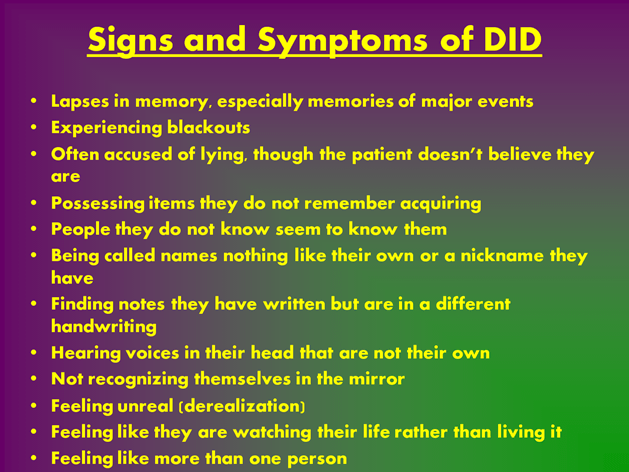 Accessed June 7, 2021.
Accessed June 7, 2021. - Myerson D et al. Is Borderline Personality Disorder Underdiagnosed? Abstract No. 51 of Scientific and Clinical Reports, American Psychiatric Association 162nd Clinical Meeting, May 2009, San Francisco, California.
Notes: This article was originally published June 27, 2022 and most recently updated June 28, 2022.
Test for split personality
Dissociative personality disorder (DID, split personality) is a severe mental illness, a split in the ego. It is so ambiguous, so rare, that some psychiatrists question its relevance. They believe that this problem is far-fetched, and patients with similar symptoms suffer from other diagnoses. However, the majority still considers this deviation as real. The split personality test is designed to determine the signs of such a diagnosis and the tendency to it. nine0003
1. Does it often happen to you that you cannot remember several hours of the past days and have no idea what you were doing at that time?
Yes, this happens to me quite often.
Yes, this happens occasionally.
Yes, this has happened a few times, but I think it's just a boring day, procrastination, or something similar.
No, this has never happened to me.
2. Have you ever been confident that the current day was Monday, for example, but it turned out that it was a different day of the week? nine0003
Yes, this happened often. And it scares me terribly, because I don’t remember how I spent the “missed” days.
Yes, this happened several times, I tried to find excuses, but they were unlikely.
Yes, it happened, but then I still realized that I just made a mistake, and I remembered the previous day.
No, this did not happen, or it happened for a short time while awake.
3. Do you think you received enough attention as a child from your parents, especially from your mother? nine0003
No, I was very lonely or one of my parents left the family and did not communicate with me.
I remember times when my parents didn't take enough care of me, they were often aggressive, but there were also good moments.
There were such cases, but they were rare.
No, I have always had a loving family.
4. Do you suffer from depression, suicidal thoughts, panic attacks and/or severe anxiety disorders?
Yes, I have (almost) everything on this list. nine0003
No, but (almost) all of this was in the recent past.
There is only one symptom, it is weak or I am working with a psychotherapist.
No, I don't have similar symptoms.
5. Have your relatives or close friends ever told you that sometimes they don't recognize you at all because you behave strangely, although you yourself don't remember it?
Yes, this happens often.
Yes, this has happened several times.
This happened, but I remember all the times when I behaved in an unusual way. nine0003
No, this has never happened to me.
6. Do you have moments of cloudiness when you can't understand who you are (it's not about philosophy), or does everything around you seem somehow unreal?
Yes, this happens to me often.
Yes, this has happened several times.
Yes, this has happened after taking alcohol/psychotropic substances/strong drugs, or when you have a high temperature, and you feel unwell.
No, that doesn't happen to me. nine0003
7. Has it ever happened that complete strangers greeted you, knew your name or other personal information from somewhere (for example, the bartender in the cafe where you first came to asked you “how are you as usual?”)?
Yes, it happened to me and it scared me.
Yes, this has happened, but I think it's just a coincidence.
This happened a couple of times, but there is a person living in the neighborhood who really looks like me, or strangers admitted that they made a mistake.
No, that didn't happen.
8. Have there been any new items in your home lately that you don't remember bringing? The same question about incomprehensible losses and inexplicable rearrangements of things.
Yes, I often notice how things are not in the same place, disappear or appear out of nowhere.
Yes, this happens sometimes.
Yes, it happens, but most likely the reason is my memory problems or the people with whom I live were involved. nine0003
No, this has never happened to me.
9. Did your acquaintances ask you to do something that you clearly cannot do (play the guitar, say something in an unknown language), while they were sure that you definitely know how, although in fact you do not?
Yes, this happens relatively often.
Yes, this has happened several times.
Yes, it happened, but then they also began to doubt that I had ever done it.
No, that didn't happen. nine0003
10. Did you experience sexual, physical, or extreme emotional abuse as a child or teenager? Have you had severe psychological trauma?
Yes, I had a long period when I was a victim of one or more of these situations.
Yes, and I have worked since then with psychologists or similar specialists.
I have not been in similar situations, but I have had depression or less severe diagnoses.
No, I have not been a victim of any of these situations.
Dissociation Scale (DES) split personality test
Dissociative Personality Disorder DID (formerly known as multiple personality disorder, colloquially known as split personality disorder) is a psychological condition caused by multiple causes, including severe childhood trauma (physical, sexual, and emotional).
Dissociative disorder has an involuntary departure of a person's consciousness from reality, including subsequent difficulties with identity, behavior, memory, emotions, disrupting all mental functions. nine0003
Split personality affects all age groups of people. Symptoms usually develop as a result of a traumatic situation in the psyche in order to further block memories.
There are three main types of dissociative disorders:
- Dissociative identity disorder
- Dissociative amnesia
- Depersonalization disorder
The symptoms depend on the type of disorder and may worsen at times, making them more obvious. The main symptoms and signs of duplicity can be: nine0003
The main symptoms and signs of duplicity can be: nine0003
- loss of memory (amnesia) for a specified period;
- feeling of detachment from oneself;
- distorted perception of people and things around oneself;
- split sense of identity
- inability to cope with emotional stress;
- the onset of depression, anxiety and suicidal thoughts.
With a dissociative disorder, the number of personalities changes and a person may have two or more independent from each other. These "personalities" are called alters. When an alter appears that is different from the main personality, the person experiences amnesia and most often, his behavior and temperament can change in the opposite direction. nine0003
For example, a person is passive and indecisive by his nature, and his viola has become active and decisive, etc. Also, alternative personalities can change gender, age, and even interests in their minds. When one of the personalities is in charge, the rest go into "standby mode", because of this, people cannot remember part of everyday life.